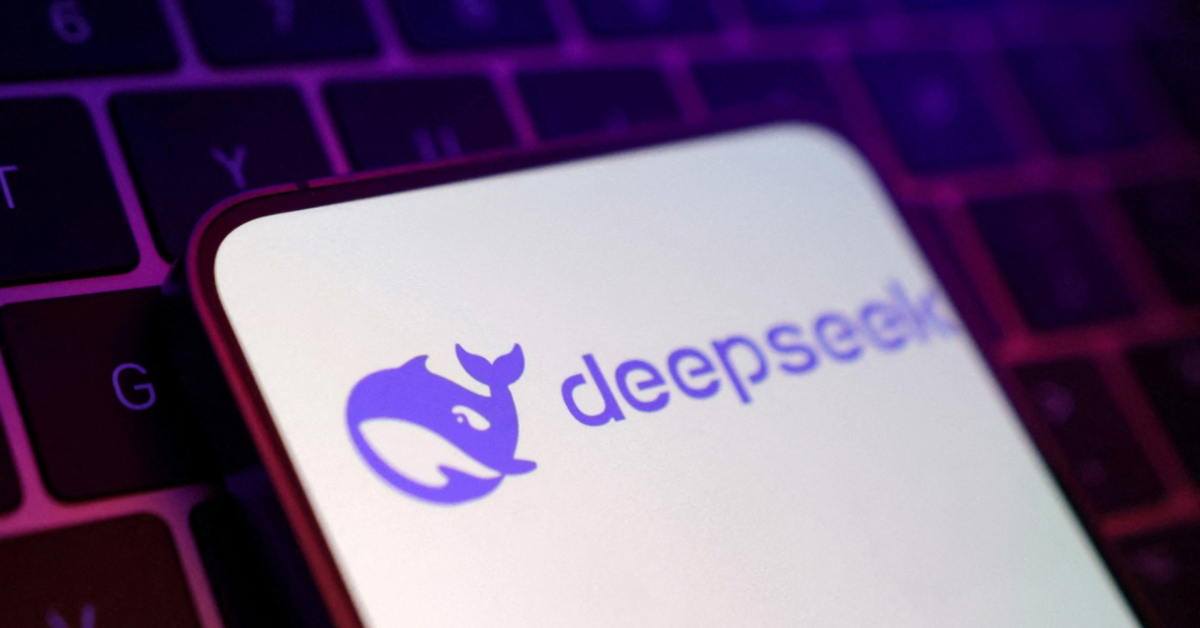The recent launch of China's low-cost artificial intelligence system, DeepSeek, has caused seismic shifts in global financial markets, leading to unprecedented losses for Nvidia and other major players in the technology sector. DeepSeek, hailed as a more accessible and affordable AI compared to offerings from Western tech giants, has sent shockwaves through the industry, wiping out billions in wealth and prompting a rethinking of AI development strategies.






